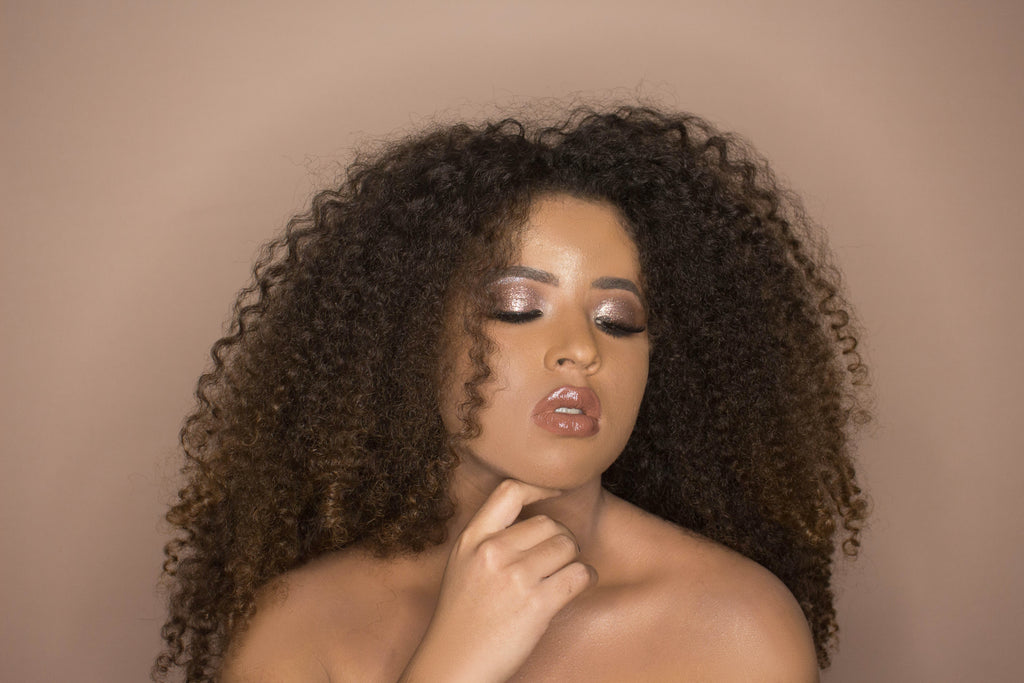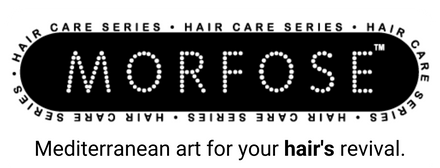How to Manage Hair Loss: Practical Solutions and Support
Posted by MORFOSE COSMETICS

Strategies for Managing Hair Loss
Hair loss is a common concern that affects many individuals, regardless of age or gender. While it can be distressing, the good news is that there are practical strategies and solutions available to help you manage and address hair loss. In this guide, we'll explore the causes of hair loss, lifestyle changes to promote hair health, hair care products and treatments, and when to seek professional help.
Understanding the Causes of Hair Loss
Before diving into solutions, it's essential to understand why hair loss occurs. Several factors can contribute to hair loss, including:- Genetics: Hereditary factors play a significant role in hair loss, with conditions like male and female pattern baldness being common.
- Hormonal Changes: Hormonal imbalances due to pregnancy, menopause, or medical conditions can lead to hair loss.
- Stress: High levels of stress can trigger a type of hair loss called telogen effluvium.
- Medical Conditions: Certain medical conditions, such as thyroid disorders or autoimmune diseases, can result in hair loss.
- Medications: Some medications and treatments, including chemotherapy, can cause hair loss as a side effect.
Lifestyle Changes to Promote Hair Health
Healthy lifestyle habits can go a long way in promoting hair health and preventing further hair loss. Consider incorporating the following practices into your daily routine:
1. Balanced Diet:
Consume a well-rounded diet rich in vitamins, minerals, and protein. Foods like leafy greens, eggs, fish, and nuts can support hair growth.
2. Stress Management:
Practice stress-reduction techniques such as meditation, yoga, or deep breathing exercises to minimize hair loss caused by stress.
3. Scalp Care:
Maintain a clean and healthy scalp by using a gentle shampoo and conditioner suitable for your hair type.
Hair Care Products and Treatments for Hair Loss
Several hair care products and treatments can help address hair loss and promote regrowth. These include:
- Minoxidil:
An FDA-approved topical solution that can stimulate hair growth and slow down hair loss.
- Finasteride:
A prescription medication that can help with hair loss, primarily in men with male pattern baldness.
- Low-Level Laser Therapy (LLLT):
Devices like laser combs or caps that use low-level lasers to stimulate hair follicles.
- Hair Growth Shampoos and Serums:
Products containing ingredients like biotin, caffeine, or ketoconazole that may help with hair regrowth.
Seeking Professional Help for Hair Loss
If your hair loss is severe or persistent, it's crucial to consult a healthcare professional or dermatologist. They can:
- Determine the underlying cause of your hair loss.
- Recommend appropriate treatments or medications.
- Provide guidance on potential lifestyle changes.
- Monitor your progress and adjust your treatment plan as needed.
Remember that managing hair loss is a journey, and results may vary from person to person. It's essential to be patient and proactive in seeking the right solutions for your specific needs.
By understanding the causes of hair loss, making positive lifestyle changes, exploring hair care products and treatments, and seeking professional guidance when necessary, you can take proactive steps toward managing hair loss and maintaining healthy, beautiful hair.

Support and Coping with Hair Loss
Hair loss can be emotionally challenging, impacting self-esteem and self-confidence. However, there are various ways to cope with hair loss, find support, and redefine your beauty. In this guide, we'll explore building self-confidence during hair loss, discussing it with loved ones, accessing support groups and resources, and embracing hair loss as a part of your unique beauty.
Building Self-Confidence During Hair Loss
1. Own Your Look:
Confidence comes from embracing who you are. Experiment with hairstyles and accessories that make you feel comfortable and stylish. Sometimes, a new haircut or headscarf can make a world of difference.
2. Self-Care:
Prioritize self-care routines that make you feel good. This includes exercise, a balanced diet, and mindfulness practices that boost your overall well-being.
3. Positive Affirmations:
Practice positive self-talk. Remind yourself of your unique qualities and the things that make you special beyond your appearance.
Talking About Hair Loss with Loved Ones
1. Open Communication:
Discuss your feelings and concerns about hair loss with your loved ones. Sharing your experiences can foster understanding and empathy.
2. Educate Them:
Help your friends and family understand the emotional impact of hair loss. Provide them with resources and information about your condition.
3. Lean on Support:
Let your loved ones support you emotionally. Sometimes, just knowing they are there for you can make a significant difference.
Support Groups and Resources for Hair Loss
1. Online Communities:
Join online support groups or forums where individuals facing hair loss share their stories and advice. Connecting with others who understand your journey can be empowering.
2. Professional Guidance:
Consult with a therapist or counselor who specializes in body image and self-esteem. They can provide valuable tools to help you cope with the emotional challenges of hair loss.
3. Local Support Groups:
Seek out local support groups or organizations dedicated to individuals experiencing hair loss. These groups often offer in-person meetings, workshops, and a sense of community.
Embracing Hair Loss and Redefining Beauty
1. Self-Acceptance:
Remember that beauty transcends appearance. Embrace your unique features, personality, and inner qualities that make you truly beautiful.
2. Confidence is Key:
Wear your hair loss with confidence. A confident attitude can be more attractive than any hairstyle.
3. Empowerment:
Consider participating in photo shoots or campaigns that celebrate diverse beauty. Your story can inspire others to embrace their unique beauty.
In conclusion, hair loss is a part of life for many people, and it doesn't define your worth or beauty. Building self-confidence, opening up to loved ones, accessing support groups and resources, and embracing your unique beauty can help you navigate this journey with strength and grace. Remember, you are beautiful inside and out, no matter the external changes.


